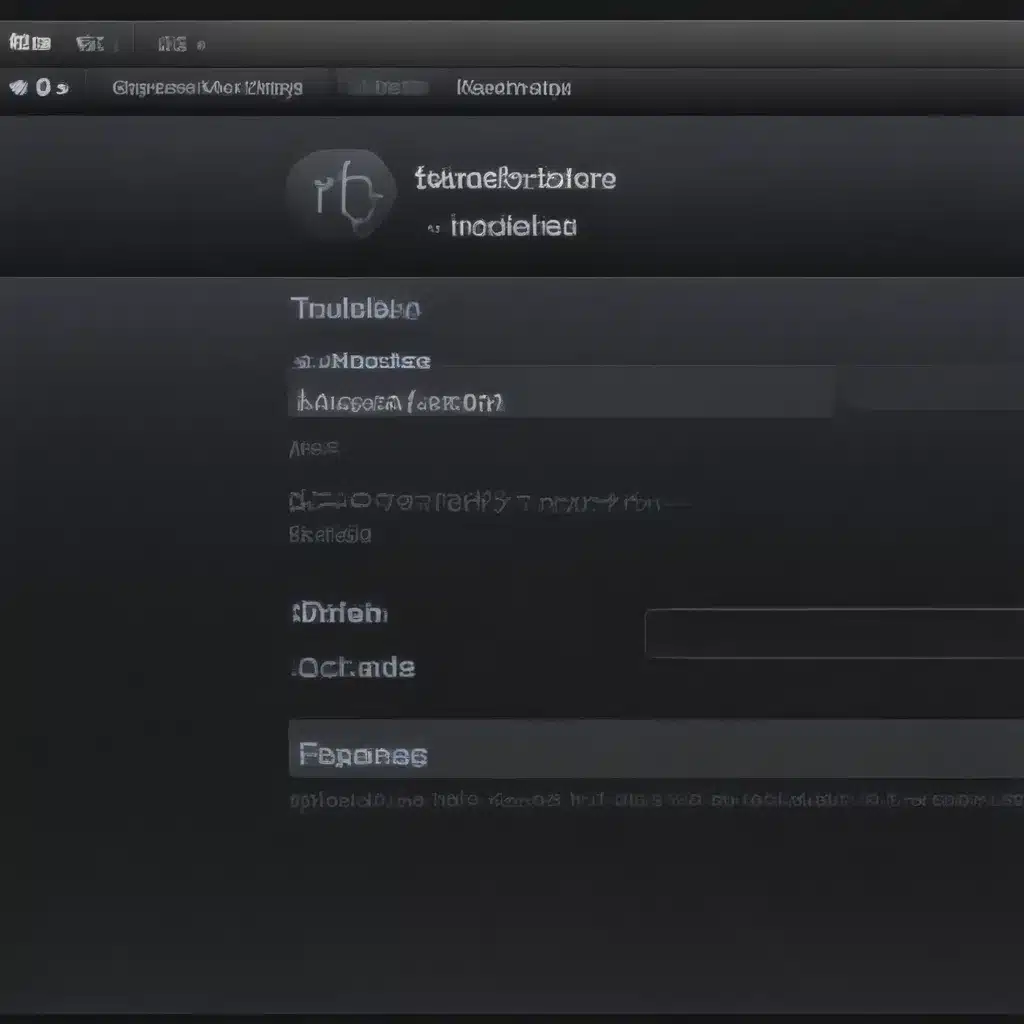The Backup Conundrum: How Much is Too Much?
As the owner of a thriving computer repair service in the heart of London, I’ve seen my fair share of data disasters. From hard drive failures to ransomware attacks, the list of digital disasters seems endless. That’s why backup strategies are always a hot topic among my customers. But the question they always ask me is, “How often should I be backing up my data?”
It’s a tricky question, to be honest. Like most things in life, there’s no one-size-fits-all answer. The optimal backup frequency can vary depending on the type of data, the importance of the information, and the level of risk you’re willing to accept. [1] But fear not, my fellow data-lovers, I’m here to shed some light on this backup conundrum.
The Backup Frequency Spectrum: Finding the Sweet Spot
When it comes to backup frequency, there’s a spectrum to consider. On one end, you have the hardcore backup enthusiasts who insist on backing up every five minutes. And on the other end, you have the casual users who only back up their data once a year (if that). [2] But where’s the sweet spot?
Well, the truth is, there’s no universally accepted “right” answer. It all comes down to a delicate balance between risk and convenience. [3] You see, the more often you back up your data, the less risk you face in the event of a disaster. But the more often you back up, the more time and effort it takes. And let’s be honest, who has the patience for that?
The Backup Frequency Formula: Factoring in Your Needs
So, how do you find the perfect backup frequency for your specific needs? It’s all about taking a good, hard look at your data and your priorities. [4] Here’s a simple formula to help you figure it out:
-
Determine the importance of your data: How critical is the information you’re storing? Is it something you can’t afford to lose, like your family photos or your business’s financial records? Or is it something you can easily recreate, like your browser bookmarks?
-
Assess the risk of data loss: What are the chances of your computer or hard drive failing? Are you susceptible to ransomware or other cyber threats? The higher the risk, the more frequently you’ll want to back up.
-
Consider your backup storage options: Where are you storing your backups? Are they on an external hard drive, in the cloud, or both? The more accessible and reliable your backup storage, the more often you can back up.
-
Factor in your time and effort: How much time and effort are you willing to devote to the backup process? If it’s a hassle, you’re less likely to do it regularly.
Once you’ve weighed all these factors, you can start to hone in on the right backup frequency for your needs. And let me tell you, it’s a beautiful thing when you find that sweet spot.
Backup Strategies: Striking a Balance
Now, let’s get a little more specific. Here are some common backup strategies and the recommended backup frequencies for each:
| Backup Strategy | Recommended Frequency |
|---|---|
| Full Backups | Weekly or monthly |
| Incremental Backups | Daily or every few days |
| Differential Backups | Daily or every few days |
| Cloud Backups | Daily or weekly |
As you can see, there’s no one-size-fits-all answer. It all depends on the type of backup you’re doing and the level of risk you’re comfortable with. [5]
For example, if you’re running a small business and your data is mission-critical, you might want to do a full backup once a week and then an incremental backup every day. [6] That way, you’re minimizing your risk of data loss while keeping the time and effort required to a manageable level.
On the other hand, if you’re a casual user who just wants to make sure you don’t lose your family photos, a weekly or monthly cloud backup might be all you need. [7] After all, who has the time or patience for daily backups, am I right?
The Backup Balancing Act: Putting it All Together
At the end of the day, the backup frequency that’s right for you is the one that strikes the perfect balance between risk and convenience. It’s about finding that sweet spot where you feel confident that your data is protected, without turning your life into a never-ending backup marathon.
So, my fellow data-lovers, take some time to assess your needs, weigh your options, and find the backup frequency that works best for you. And remember, if you ever need a little help figuring it all out, you can always count on your friendly neighborhood computer repair technician to lend a hand.
[1] https://forums.veeam.com/veeam-backup-replication-f2/how-often-do-i-need-a-full-backup-t8926.html
[2] https://community.esri.com/t5/arcgis-pro-questions/backup-in-progress-impeding-work-2-9-2/td-p/1155932
[3] https://www.reddit.com/r/unRAID/comments/12fvf7p/appdata_backup/
[4] https://forum.duplicacy.com/t/how-to-best-manage-high-frequency-backups/4872
[5] https://www.sqlservercentral.com/forums/topic/backup-strategy-for-system-databases
[6] https://community.spiceworks.com/topic/311168-how-often-to-backup-replicate-using-veeam
[7] https://community.commvault.com/self-hosted-q-a-2/ddb-backup-frequency-4938













